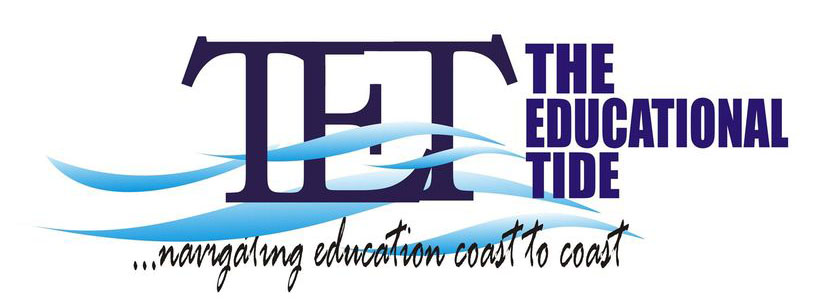Charles Ogwo
The Universal Learning Solutions (ULS), a United Kingdom-based social enterprise, in partnership with Universal Basic Education Commission (UBEC) is embarking on a training programme for young teachers aimed at improving reading and writing amongst school children in Nigeria.
The programme on ‘Jolly Phonics’ is a training workshop for teachers to be able to teach the modern learning mechanism that helps children learn to read and write through a systematic programme. With Jolly Phonics children learn the main 42 sounds of English, not just the alphabet sounds as they also learn to blend sounds to form words and then to read. Jolly Phonics teaches children to read and write using synthetic phonics, which is widely recognised as the most effective way to teach children to read and write in English. That was over 25 years ago.

ULS is an international approved training provider by UBEC and specializes in Jolly Phonics that operates on a not-for-profit basis.
The latest edition of the programme took place in Osogbo, the Osun-state capital from June 2-4, 2021 with the collaboration of the Osun State Government.
Earlier, the Plateau State edition which held in May this year, trained a total of 2,625 teachers and 50 Plateau State officials under the Teacher Professional Development initiative while the Cross River State training on May 31 was done with participants learning how to improve their skills and methodology of teaching as they were equipped with the skills necessary to discharge their duties effectively. The Ogun State edition holds later this month.
At the Osogbo training, the young teachers-participants were grilled in reading and writing under the globally renowned learning approach to education, under the Federal Teachers Scheme (FTS), a Federal Government Initiative to bridge the gap of deficit in the number of teachers in the country.
Mr Gary Foxcroft, the Chief Executive Officer, ULS, explained that the nationwide training was aimed at exposing participants to how best to read and write.
“The Plateau State Jolly Phonics is a fantastic opportunity for all children in the state to benefit from the opportunity to learn to read and write. The project will therefore help increase equity and equal opportunities for all children in Plateau State,” he disclosed at the Plateau State edition.
Mrs Lizzy Ohaka, a ULS Trainer, explained that Jolly Phonics training is meant to expose young teachers to a better way of inculcating the acts and arts of reading and writing in children.
“The aim is to learn the context of the sentences and stories to help master the nuts and bolts of literacy. Jolly Phonics pulls the words apart into sounds before blending them into the whole word. The idea is that students will then begin to automatically blend their phonemes. It is fun, quick, multi-sensory and effective,” she said. 
Ohaka explained that Jolly Phonic will address the dearth of reading amongst many Nigerian children by the funs it brings to learning.
Jolly Phonics, now used in over 100 countries worldwide, provides learners with a 7-year school programme that teaches not only phonics but systematic teaching of grammar, spelling and punctuation across the school years. Teaching is multi-sensory and active, with fun actions, stories and songs. It embraces independent research which has helped the programme achieve outstanding results around the world. This style of learning continues to revise and extend children’s phonic knowledge; flexible and easy to implement in your school and developed by teachers for teachers.
Under Jolly Phonics, children are taught 42 letter sounds, which is a mix of alphabet sounds (1 sound – 1 letter) and digraphs (1 sound – 2 letters) and using a multi-sensory approach each letter sound is introduced with fun actions, stories and songs.
When reading a word, they recognise the letters and blend them into the respective sounds; when writing a word they identify the sounds and write down the corresponding letters. These skills are called blending and segmenting. These are two of the five skills that children need to master phonics: Jolly Phonics teach the letter sounds in 7 groups of 6 letters at a pace of 4-5 sounds a week. Children can start reading after the first group of letters have been taught and should have been introduced to all the 42 letter sounds after 9 weeks at school. Typically, children will learn how to form and write the letters letter down at the introduction of each letter sound, during the lesson.
However, there are some tricky words with irregular parts which children had to learn as exceptions to the rules of phonics. These common tricky words are introduced early in the year to increase reading fluency.
Alongside these skills, children are also introduced to the main alternative spelling of vowels. These five skills form the foundation that children build on with each year of grammar teaching.
With increasing research all over the world on Jolly Phonics, there is evidence that results made by children using Jolly Phonics far exceeds that of children not taught using a synthetic phonics approach. It is also effective across the ability range, of both male and female students; as well as those with English as their second language.

















